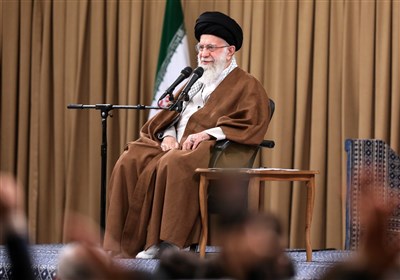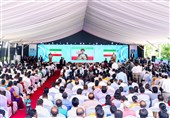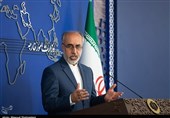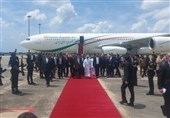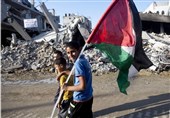Iranian Commander Urges Global Campaign against WMDs
TEHRAN (Tasnim) – A top Iranian commander called on the world’s freedom-seeking nations to take serious steps against chemical weapons and weapons of mass destruction (WMDs) which he said are mainly employed by the US and Israel.
“We should announce to the world and should encourage the public opinion in the freedom-seeking nations to make efforts and a serious move to prevent the production, proliferation and use of chemical weapons and weapons of mass destruction by the hegemonic… powers, particularly by the criminal US and the usurper Zionist regime (of Israel),” Commander of the Islamic Revolution Guards Corps (IRGC) Major General Mohammad Ali Jafari said in a message on Saturday.
The message was read by a local IRGC commander in the northwestern city of Oroumiyeh during a ceremony held on the anniversary of chemical bombardment of the Iranian city of Sardasht by the former Iraqi dictator Saddam Hussein during its imposed war on Iran in the 1980s.
Known as a major victim of WMDs and chemical weapons in the world, Iran has on multiple occasions voiced its steadfast opposition to such weapons.
During the eight-year Iraqi imposed war on the Islamic Republic in the 1980s, more than 1,000,000 Iranians were exposed to chemical agents of different types used by the Iraqi forces.
Between 10,000 and 20,000 people were killed and 100,000 of those who survived have developed acute symptoms, often chronic.
From 1983, Saddam Hussein's regime repeatedly attacked Iran with mustard gas, sarin and tabun to reverse the fortunes of its failed invasion of Iran three years earlier.
Firms from Western countries -including Germany, France, Italy, Spain, the US and Austria- and some other countries provided the slain Iraqi dictator with chemical precursors, equipment and know-how to produce chemical weapons which he used against the Iranian armed forces and civilians during the war (1980-1988).
Saddam also used such deadly weapons in 1988 in the Al-Anfal Campaign against his civilian Kurdish population and during a popular uprising in the south in 1991.


